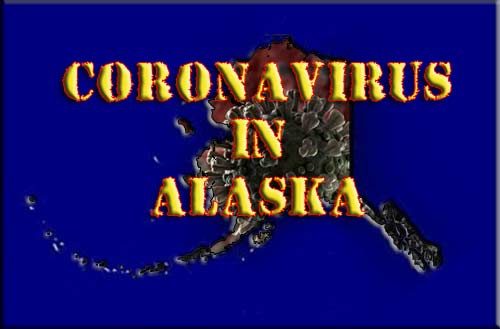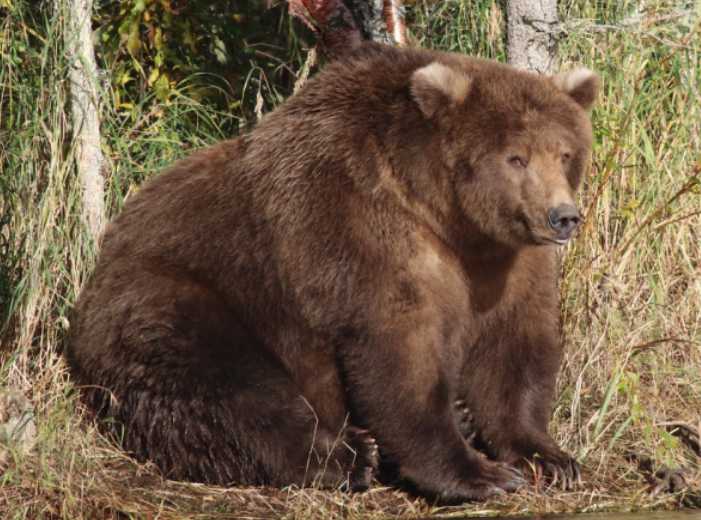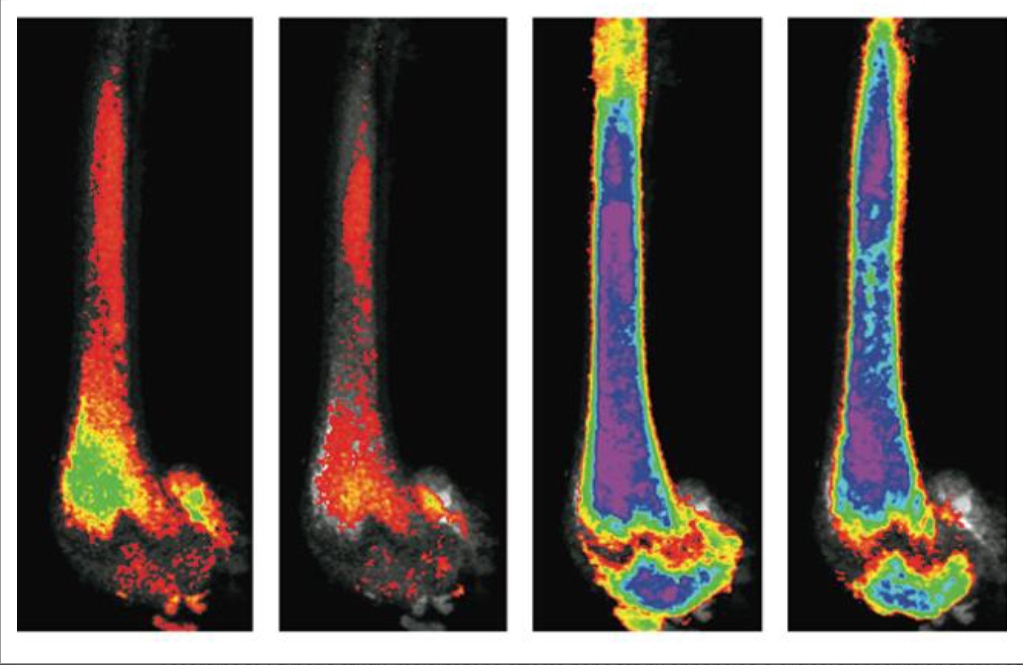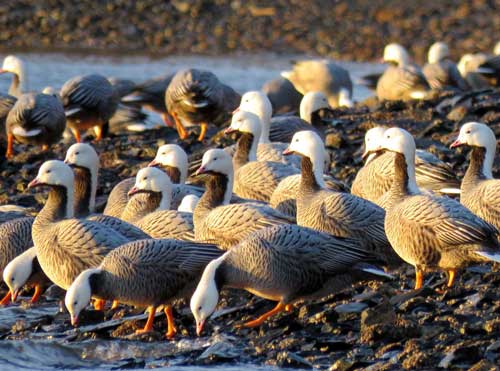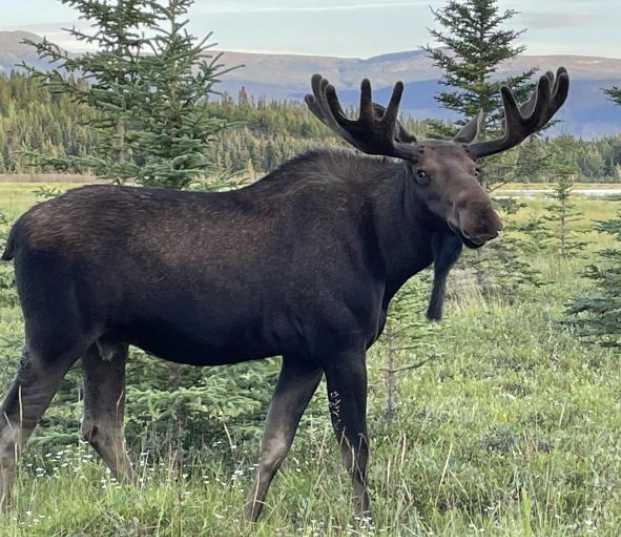Tuesday, Congressman Young released the following video message reflecting on Chantelle’s op-ed and calling on Alaskans to take her message seriously:
WASHINGTON, D.C. – Tuesday, Alaska Congressman Don Young released video remarks echoing the recent message shared by Alaskan Chantelle Pence, author of a recent op-ed in the Anchorage Daily News titled Eat the fat: honoring our harvest of Alaska game. In her essay, Pence details life as a hunter and lessons learned from her husband’s Alaska Native family. Crucially, Pence calls on hunters to respect Alaska’s wild game by utilizing every part of the animals they hunt, in this case, moose. “Nose to tail eating” encourages sustainability, honors subsistence hunters, and respects the deep connection wild game has to the Alaskan way of life.
After reading her op-ed, Congressman Young spoke with Chantelle by phone to thank her for writing it, and to express how impactful her piece was to him and to many other Alaskans.
Excerpts from Chantelle Pence’s op-ed in the Anchorage Daily News:
“I was raised in a hunting family, so already had a solid foundation and knowledge of how to respect the harvest. But I learned another level of care from my husband’s Alaska Native family, that I have now integrated fully. The one part of the moose that my husband took ownership of, even as a young man, was the head. I watched him carve the scant meat from the skull and place it in a bag, along with the tongue, to give to his grandma. He burns the nose and saves that too, for moose head soup. This used to seem like a waste of time to me, because it yields so little meat. But after so many years of seeing this, and immersing myself in the butchering process, I get it.
I can’t imagine not taking all of the extra steps to celebrate the harvest. I cringe when I think of people throwing out the bones, instead of sawing them up and making hearty broth. Why on Earth would someone not save the kidneys, with all that good fat and dense nutrition? I’m not a big fan of eating tripe, because I haven’t given it more than one chance. But I wouldn’t think of leaving it in the field if it’s salvageable. All of us can go back just a few generations and find that our grandmothers, or great-grandmothers, had a recipe for every part of the animal.
It seems there is a growing awareness about the value of traditional food. Like many things, westerners feel proud of “new discoveries.” There is a pride amongst some foodies for the “exotic food” they eat. As my friend, an anthropologist and Bristol Bay native, says: “What’s old is new again.” The American diet went into descent in recent decades, and it has caused many heath problems. The rise of seed oils, which supplaced animal fat, has been a detriment. But more and more, there is a trend toward nose-to-tail eating. Beyond the nutritional aspect, whole food eating creates a sense of relationship with the animal, which is a component of sustainability. When you genuinely respect every aspect of something, you tend to take better care of it.”
Read the full op-ed here.[content id=”79272″]
###



